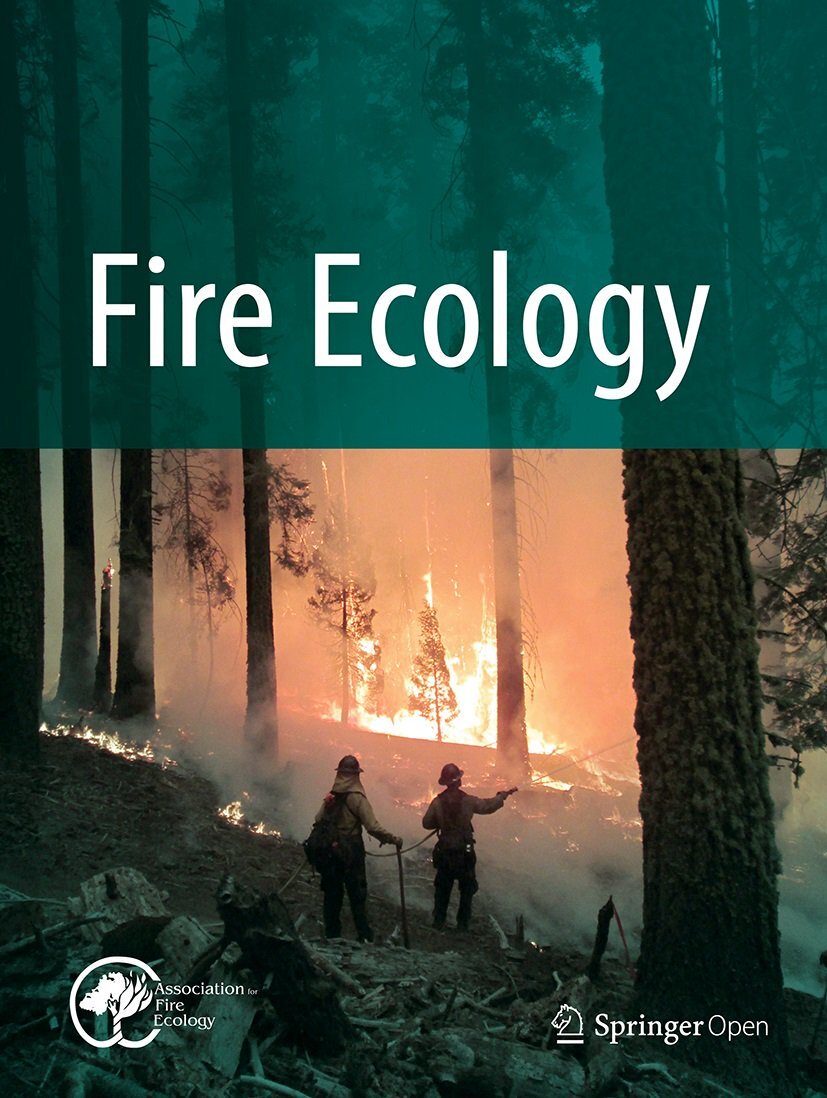April 24th at 2:00pm PST
Abstract: Following an unprecedented period of fire exclusion in many western North American forests, wildfires are not only returning but also increasing in their area burned and severity. These trends are expected to intensify under climate change. However, recent research on reburned landscapes reveals strong negative feedbacks on future fire severity through the process of burning and returning landscapes. In an era of fire exclusion, many of us have perceived burn scars as isolated within previously unburned forested areas. As reburns become more common, future wildfires will increasingly encounter past fires that act as short-term barriers to fire spread followed by longer periods of fuel limitation, particularly following multiple reburn events. In this presentation, we will examine fire-vegetation dynamics in burned and reburning landscapes and implications for climate adaptation strategies for western North American forests. The presentation will detail ongoing research from eastern Washington, interior British Columbia and the western Klamath region of northern California.
Bio: Dr. Susan Prichard is a fire ecologist and has worked as a research scientist for the past 20 years at the University of Washington School of Environmental and Forest Sciences. Her main interests are in the effects of fire and other disturbances on forest dynamics, climate change on forest ecosystems, and fuel treatment options to mitigate fire severity and smoke impacts in fire-prone forests. She lives full-time in the Methow Valley near Winthrop, Washington. Having lived through record-setting wildfire seasons, she is focused on applied research questions that help to inform adaptive management under climate change. Her methods include innovative approaches to wildland fuel characterization and fire modeling. Dr. Prichard received her bachelor’s degree from The Evergreen State College in Olympia, WA, and her MS and PhD in ecosystem science from the University of Washington in Seattle.



